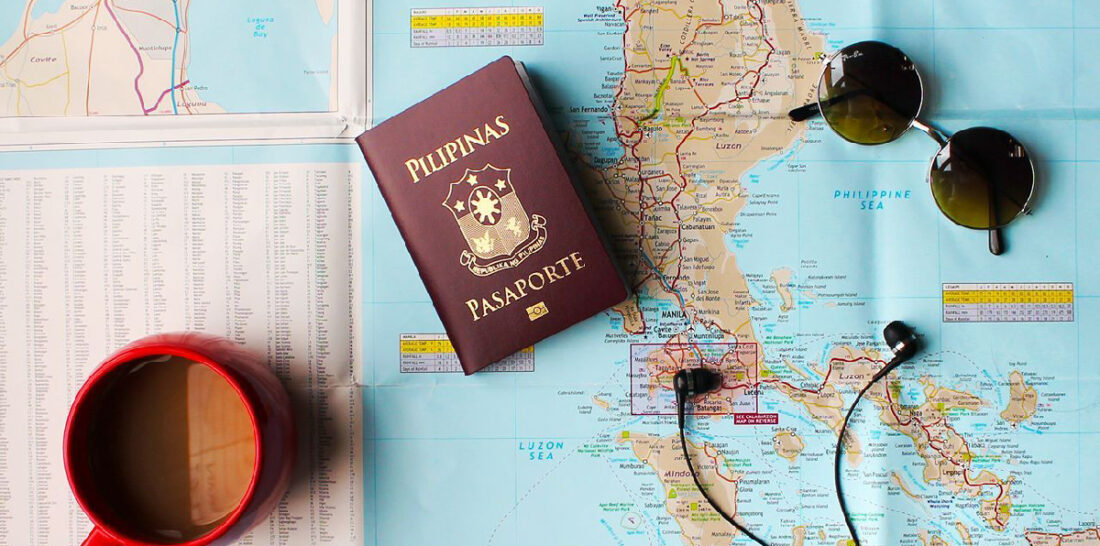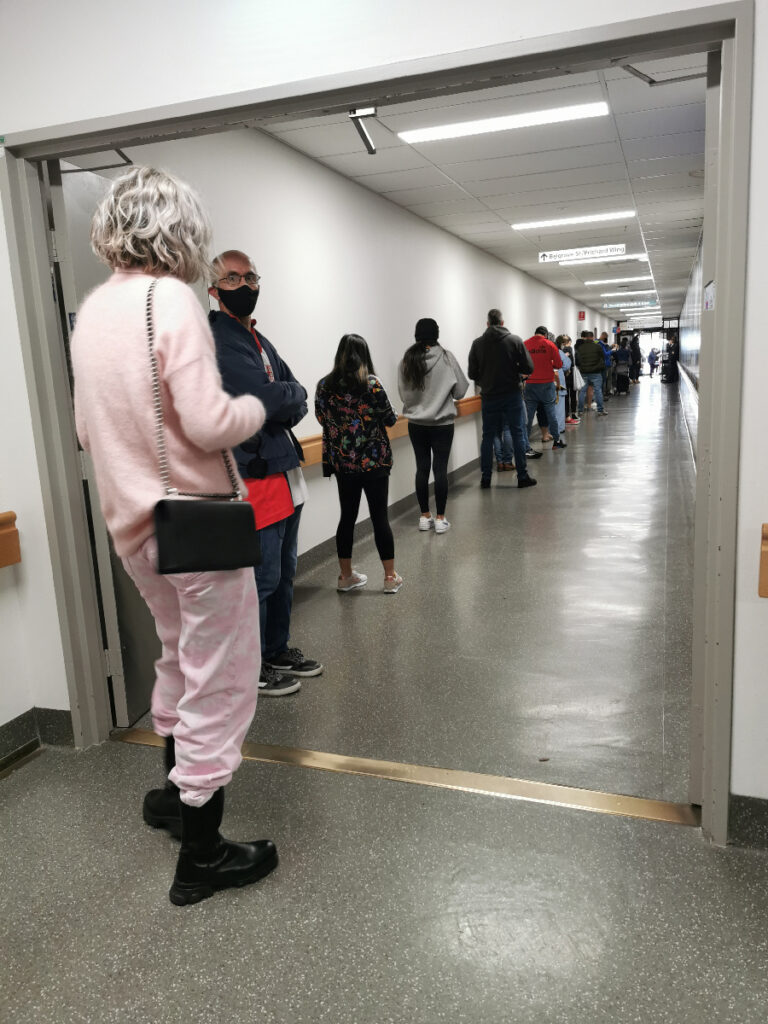Six years ago, I decided to be an expat. I wasn’t pressured nor forced into it. It was a decision that, after two months or so of careful thought process, I made for myself. There were no external factors either, such as the need to feed a family or a desire to please parents who obliged me to. Simply put, I had the freedom to choose whether or not I’ll go.
Unfortunately not all Filipinos who decide to go overseas and be an expat have the same circumstance as myself. While the need to provide for the family isn’t always the reason why Filipinos try their luck overseas, in most cases, it is. And I can just imagine the pain and sacrifice one has to go through when deciding to leave everything behind, whether they like it or not, just so they can provide a better future for their family.
Expat: noun, a person who lives outside their native country.
However, if you are one of the lucky few who have the luxury to say “I’ll think about it” should an opportunity to go overseas arise, then I suggest that you really really reeeeeaally do think about it. It’s definitely not a walk in a park but if you manage to pull through, 9 out of 10 I guarantee you, you will become 100% way better than you are right now in so many ways you can only imagine.
Continue reading “Expat life: why you should and shouldn’t do it”





